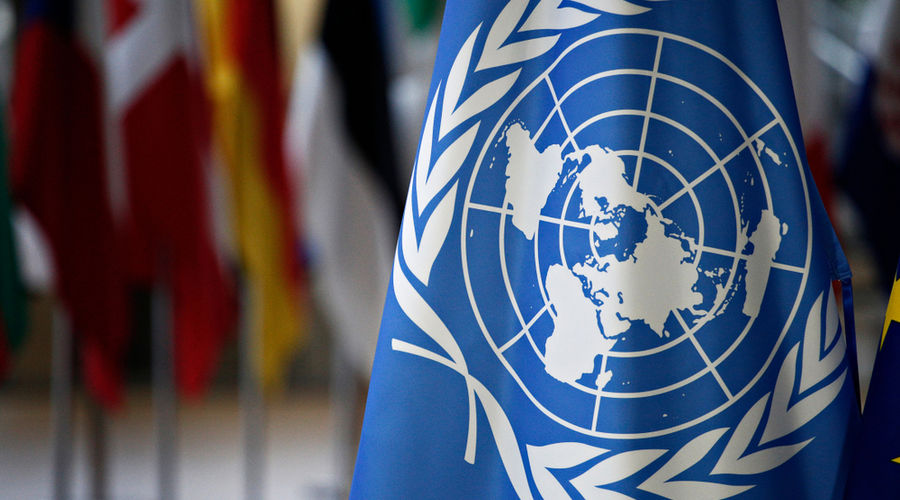Reform or perish. This is a perfectly acceptable mantra for survival for institutions — local and global — in the modern world. The United Nations would thus do well to heed the advice of the Indian prime minister. Speaking at a high-level dialogue facilitated by the UN’s economic and social council, Narendra Modi raised the pertinent point of reforming the organization, arguing that the cause of representativeness in the UN’s case would be best served by the spirit of multilateralism. Mr Modi’s point is well-taken. Multilateralism, as opposed to a unilateral approach, is an embodiment of global cooperation. The coming together of several member states could spur the UN — a world body — towards the path of change. There is growing concern, especially among the less affluent nations, that the UN urgently needs to be transformed. Perhaps the anxiety has to do with the static power distribution within the UN. The security council is dominated by the Big Five: the United States of America, Russia, China, France and Britain. This arrangement may have reflected the global power equations after the Second World War but is no longer feasible. There has been a discernible shift in the geo-strategic narrative in the new millennium and Asia is emerging as a hotspot. Under the circumstances, Asia’s relative marginality vis-à-vis the West in the security council reveals the asymmetry embedded in the UN. India’s sustained demand in this respect deserves closer scrutiny. The UN’s financial structure merits an examination too. For much of its history, the UN’s purse strings have been pulled by influential nations as a way of leveraging political gain. A shared pool of finances and resources could guard the UN against such manipulation.
On its 75th anniversary, the UN should remember that its genesis lay in a crisis: the vacuum created by the failure of its predecessor, the League of Nations. For the UN to remain relevant, it must, as Mr Modi said, be representative; only that can make the UN retain its global character. A multilateral UN would also be able to honour the principles of equitability and transparency, elements that are integral to upholding the charter of democracy. The challenge to such a transformation lies in the political ambition of member states. It will be a pity if competitive politics and strategic rivalry lead to the implosion of the UN. That would signal the triumph of insularity over accommodation, once again.










